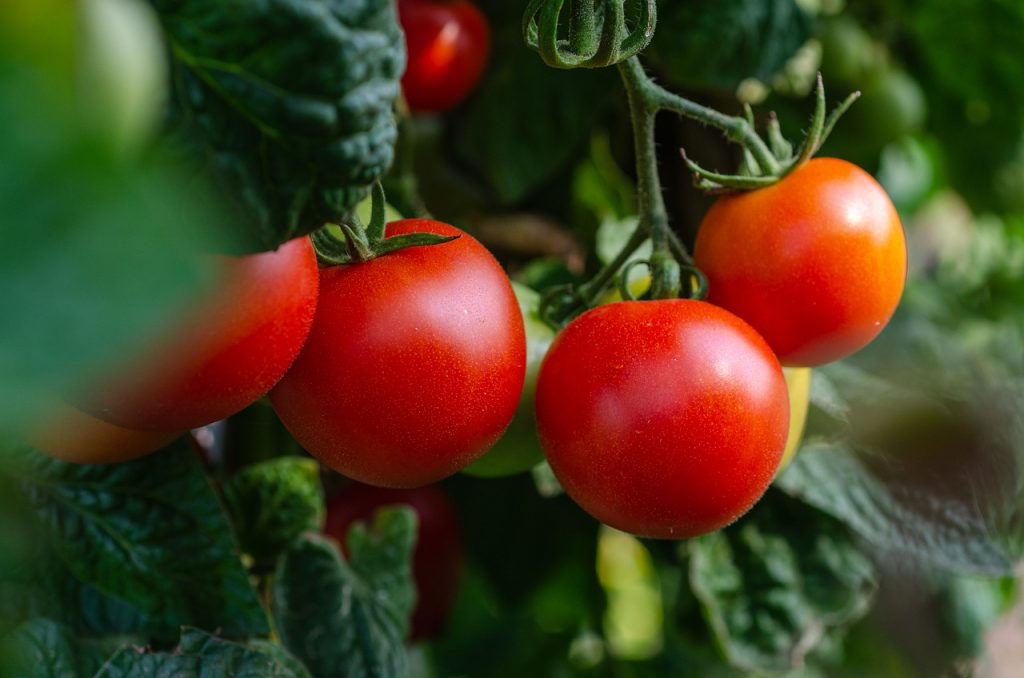The Tomatoes You Are Buying May Not Be What You Think They Are
Buyers beware! San Marzano Tomatoes may not be what you think they are.
This article is more than 2 years old

Food fraud is everywhere these days. From fish to vanilla beans, many products are marketed as an authentic food when they are actually a substitute. Unfortunately, this is occurring with San Marzano tomatoes, a specific type of plum tomatoes grown in Italy’s Valle De Sarno region. It’s a highly coveted fruit for its taste and texture, leading to companies deceptively marketing these tomatoes when they can’t get their hands on the real deal. Once regarded as the “fake Rolex of canned foods” by Taste magazine, San Marzano tomatoes in the US are often not what they appear.
The basic definition of a San Marzano tomato is that it’s a fruit from a specific region. Just like Champagne, Chianti, and Chablis are wines from a particular part of France and Italy, labeling a tomato as San Marzano without being produced on a regional farm is fallacious. If a plum tomato is grown within the Sarno Valley, the fruit can be labeled as San Marzano. As the perfect tomato for various sauces, many search far and wide for these tomatoes in US grocery stores. Companies often disguise regular tomatoes as San Marzanos since the demand is so high for these tasty and less acidic fruits.
Since the early 2000s, fake San Marzano tomatoes have been located all over North America. A study in 2011 found that only 5% of United States grocery store tomatoes were real San Marzanos. This study was conducted by the Consortium for the Protection of the San Marzano Tomato Dell’agro Sarnese Nocerino, a legitimate group fighting to reveal tomato fraud worldwide.
Now that we know many canned tomatoes contain fraudulent ingredients, here are the best ways to identify which products have real San Marzano tomatoes. If you pick up a can of tomatoes, try to find the DOP stamp on the product. DOP stands for Denominazione d’ Origine Protetta, which is Italian for protected designation of origin. This stamp signifies that the tomatoes were grown in Salerno province, the only credential a San Marzano needs to make it authentic.
Be aware of cans containing Italian labels since many often utilize foreign language as a deceptive tactic. Let’s examine the San Marzano tomatoes with the phrase “Pomidori Pelati” on the can. Unfortunately, the Italian term on the can does not indicate that the tomatoes were grown in Europe. These cans, found in various United States grocery stores and online sites like Amazon, contain locally grown tomatoes. Even with Italian words on the packaging, these tomatoes were still produced in the United States.
If you see a San Marzano tomato can in your local grocery store, make sure to check the product for the essential DOP stamp. Though this acronym is the only thing that proves a can contains the real deal, that doesn’t mean the peeled tomatoes inside are not tasty. Since most grocery stores include falsely advertised tomatoes, you probably have cooked with a can or two in your lifetime. There’s nothing wrong with purchasing locally produced tomatoes, but if you are a true stickler for your Italian ingredients, then make sure you check the full product before purchasing.




